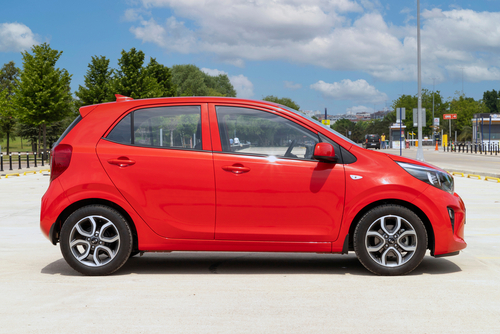
If you’re a Kia Picanto owner, you’re likely aware of the common issues that can arise with your vehicle.
One of the most frustrating problems is discovering an oil leak. Not only can it be a messy hassle to clean up, but it can also be a sign of a more serious issue.
Gaskets and seals keep oil from leaking from an engine. If oil is disappearing without leaking, the engine is burning oil, or it’s mixing with the coolant (leaking head gasket).
In this article, we’ll explore the common causes of oil leaks in Kia Picantos and what you can do to fix them.
Understanding Oil Leaks
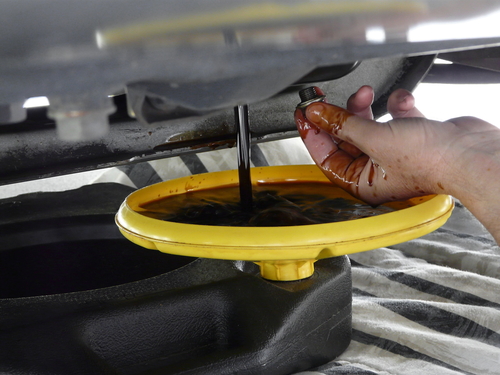
If you have noticed an oil leak in your Kia Picanto, it is important to understand what is causing the problem. An oil leak can be a minor issue or a major problem that requires immediate attention. Here is what you need to know about oil leaks in your Picanto:
Symptoms of an Oil Leak
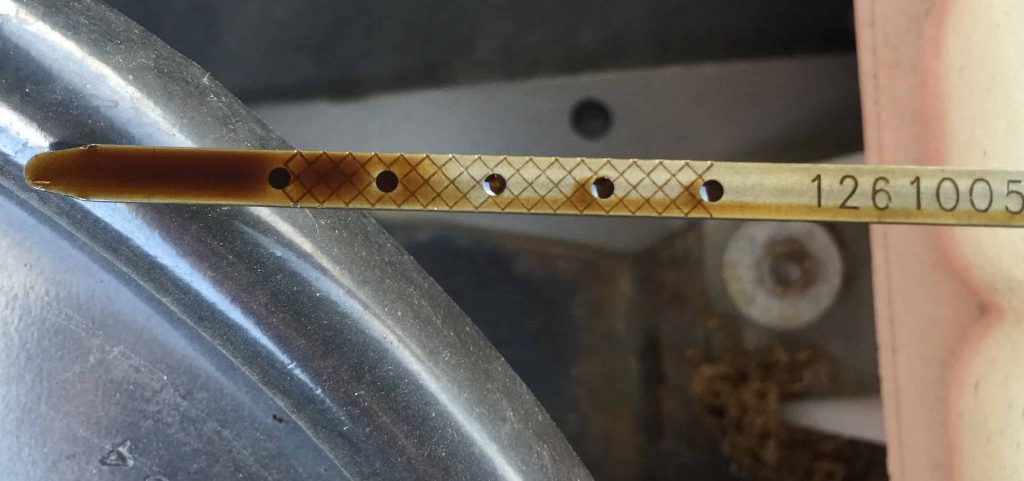
If you suspect that your Picanto is leaking oil, there are some telltale signs that you should look out for. These include:
- Low oil levels
- Oil stains or puddles under your vehicle
- Burning oil smell
- Smoke coming from the engine
Don’t Ignore an Oil Leak
Ignoring an oil leak can lead to serious consequences for your Picanto. If you continue to drive with low oil levels, it can cause engine damage and even engine failure. Additionally, oil leaks can be a fire hazard if the oil comes into contact with hot engine parts.
Common Causes of Oil Leaks in the Kia Picanto
Oil leaks can be a frustrating and inconvenient problem to deal with. However, understanding the common causes of oil leaks in your Picanto can help you prevent them from happening in the future.
Worn Out Gaskets
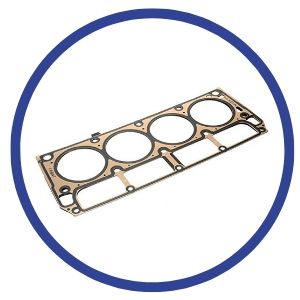
One of the most common causes of oil leaks in a Kia Picanto is worn out gaskets. Gaskets are used to seal the various components of the engine, such as the valve cover, oil pan, and timing cover. Over time, these gaskets can become worn out and start to leak oil.
Damaged Seals
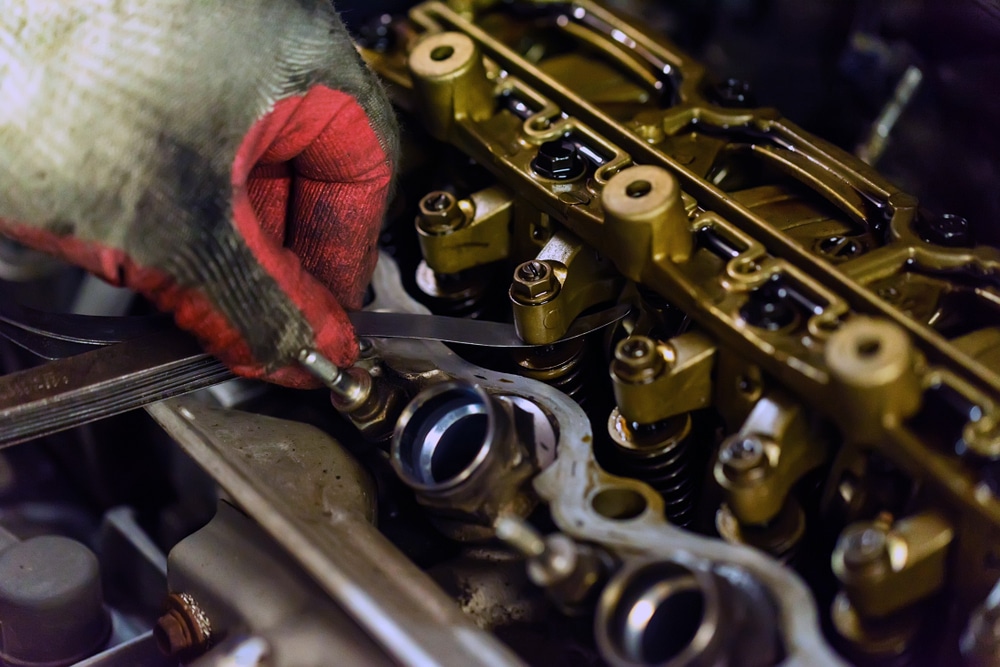
Another common cause of oil leaks in a Kia Picanto is damaged seals. Seals are used to prevent oil from leaking out of the engine.
They are typically found in the crankshaft, camshaft, and oil pump. If these seals become damaged, they can start to leak oil.
Corroded Oil Cooler Line (If Equipped)
The oil cooler line is responsible for cooling the engine oil. Over time, the oil cooler line can become corroded and start to leak oil. This is a common problem in older Kia Picantos that have been exposed to harsh weather conditions.
Faulty or Damaged Oil Filter
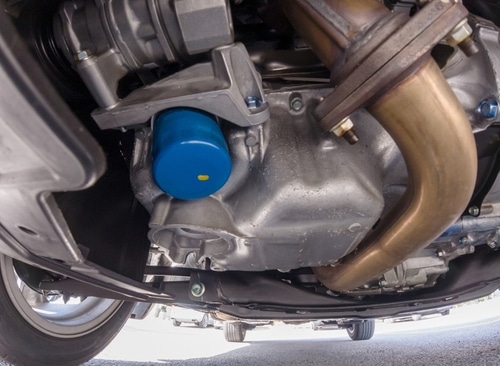
A faulty oil filter can also cause oil leaks in a Kia Picanto. The oil filter is responsible for filtering out dirt and debris from the engine oil. If the oil filter becomes clogged or damaged, it can cause oil to leak out of the engine.
Diagnosing Oil Leaks

If you have noticed oil under your Kia Picanto, it is important to diagnose the cause of the leak as soon as possible. Ignoring an oil leak can lead to serious engine damage and costly repairs. Here are three methods to help diagnose the cause of an oil leak:
Visual Inspection
The first step in diagnosing an oil leak is to perform a visual inspection. Look for any signs of oil on the ground under your Picanto or on the engine itself.
Start with the simple things first. Make sure your Picanto’s oil filter isn’t damaged, and that the drain plug is tight. If it is, look around the valve covers. Finally, inspect the timing cover and oil pan.
Dye Testing
If the oil leak is not visible or the location is difficult to determine, dye testing may be necessary. This involves adding a fluorescent dye to the engine oil and running the engine.
The dye will circulate through the engine and highlight any areas where there is a leak.
A black light can then be used to locate the source of the leak. This method is especially useful for locating small leaks or leaks in hard-to-reach areas.
Preventing Oil Leaks in the Kia Picanto
If you own a Kia Picanto, it is essential to take care of it to prevent oil leaks from happening. Here are some tips to help you prevent oil leaks from occurring in your Picanto:
Regular Maintenance
Regular maintenance is critical to keeping your Picanto in good condition and preventing oil leaks. Make sure to follow the recommended maintenance schedule in your owner’s manual.
Regular oil changes, checking fluid levels, and inspecting your engine for leaks can help you catch problems early before they become more significant issues.
Timely Repairs
If you notice any signs of an oil leak, such as oil spots on the ground or a burning smell, it is essential to get it checked out by a professional immediately. Ignoring the problem can lead to more significant issues, such as engine damage. Timely repairs can help prevent further damage and save you money in the long run.
Use of Quality Parts
Using quality parts is essential to preventing oil leaks in your Picanto. Cheap or low-quality parts may not fit correctly, leading to leaks. When replacing parts, make sure to use genuine Kia parts or high-quality aftermarket parts that meet Kia’s specifications.
Conclusion
An oil leak in your Kia Picanto can be caused by a variety of factors. It is important to identify the source of the leak and address it as soon as possible to prevent further damage to your engine.
Some common causes of oil leaks in Kia Picanto include worn-out drain plugs, damaged gaskets, and oil system component failure. It is important to regularly check your oil level and look for any signs of leaks, such as oil spots on your driveway or smoke coming from your engine.
If you suspect an oil leak in your Kia Picanto, it is recommended to take it to a trusted mechanic for diagnosis and repair. While some repairs can be relatively easy, others may require more extensive work and can be costly.
Remember, proper maintenance and regular oil changes can help prevent oil leaks and keep your Kia Picanto running smoothly for years to come.

